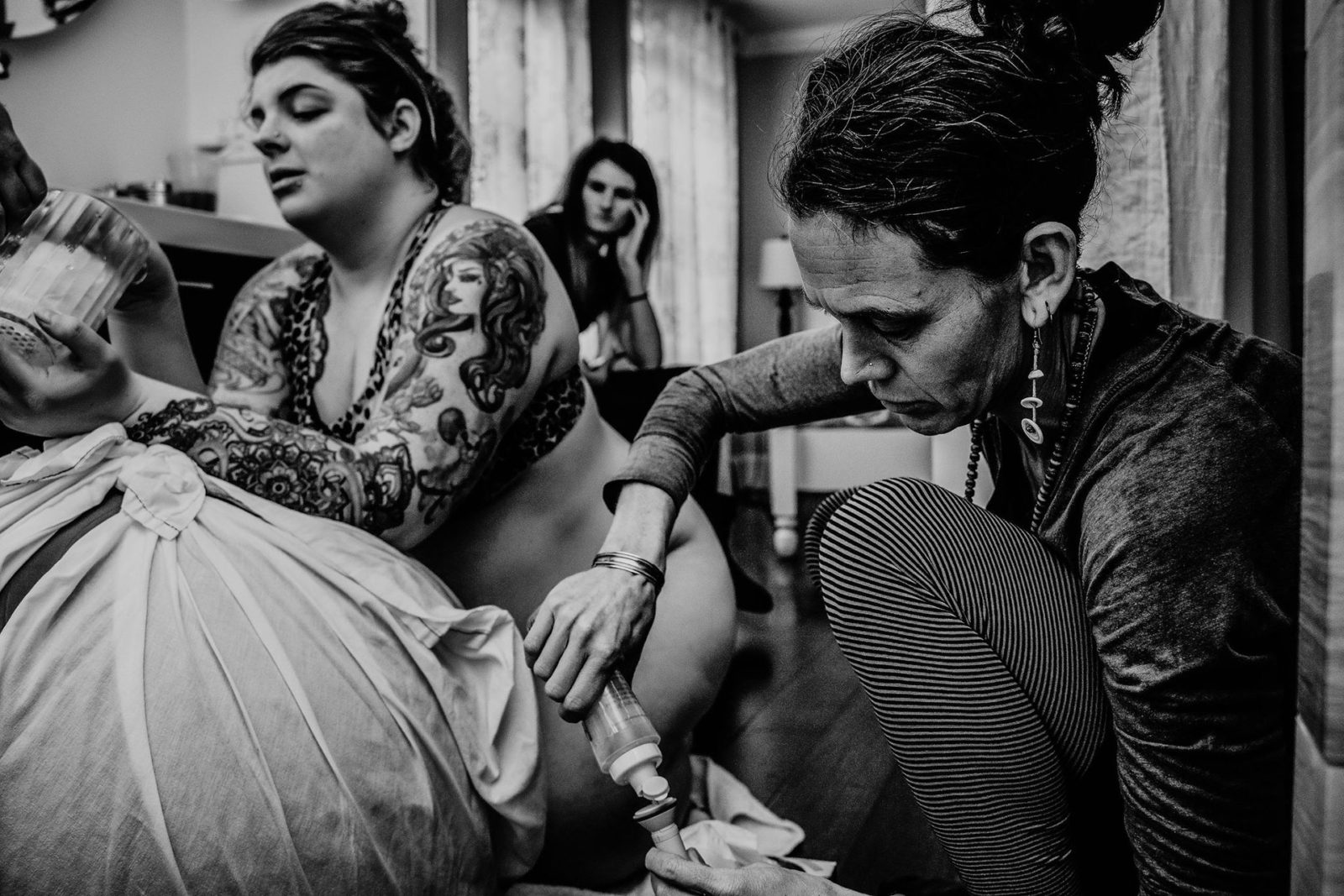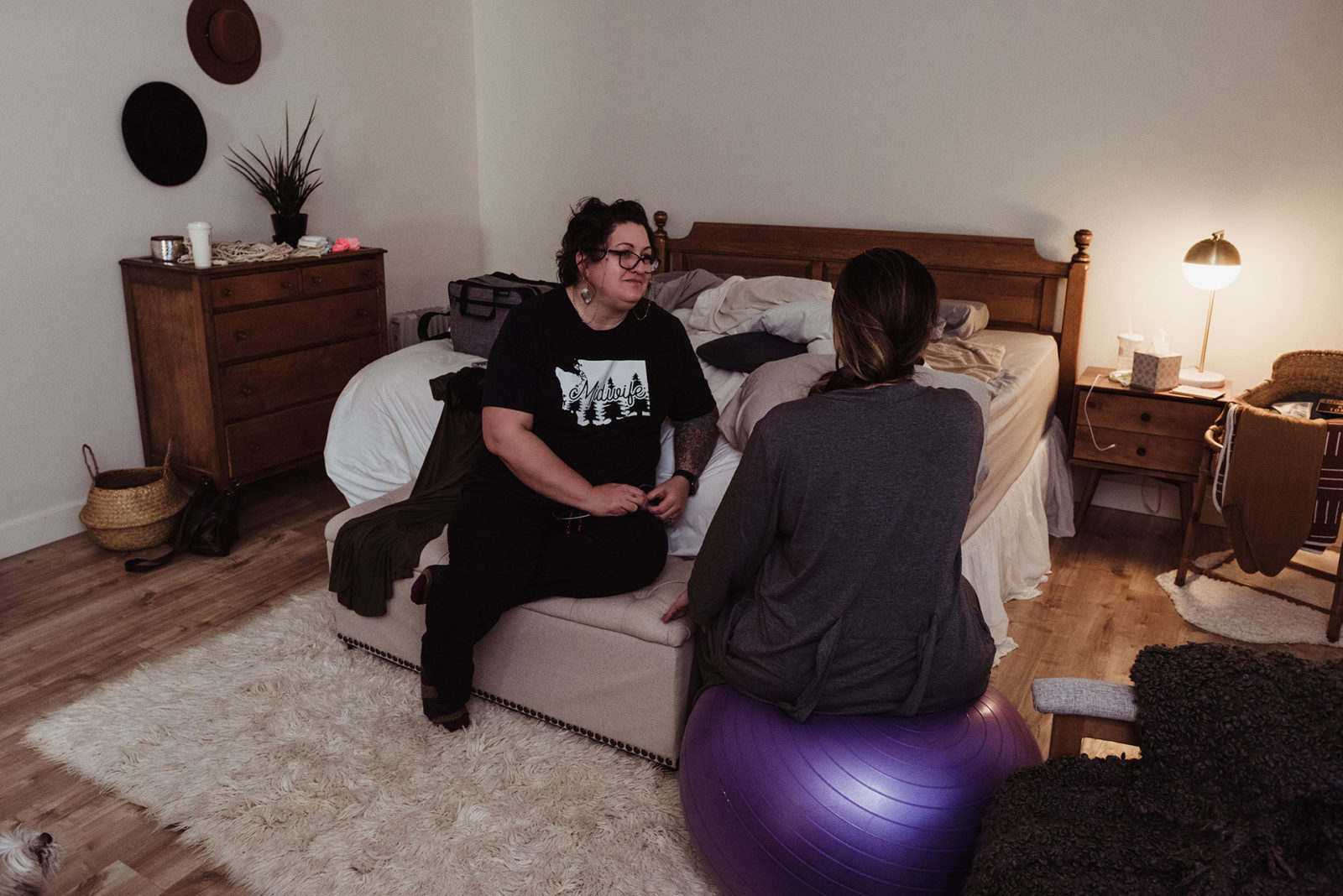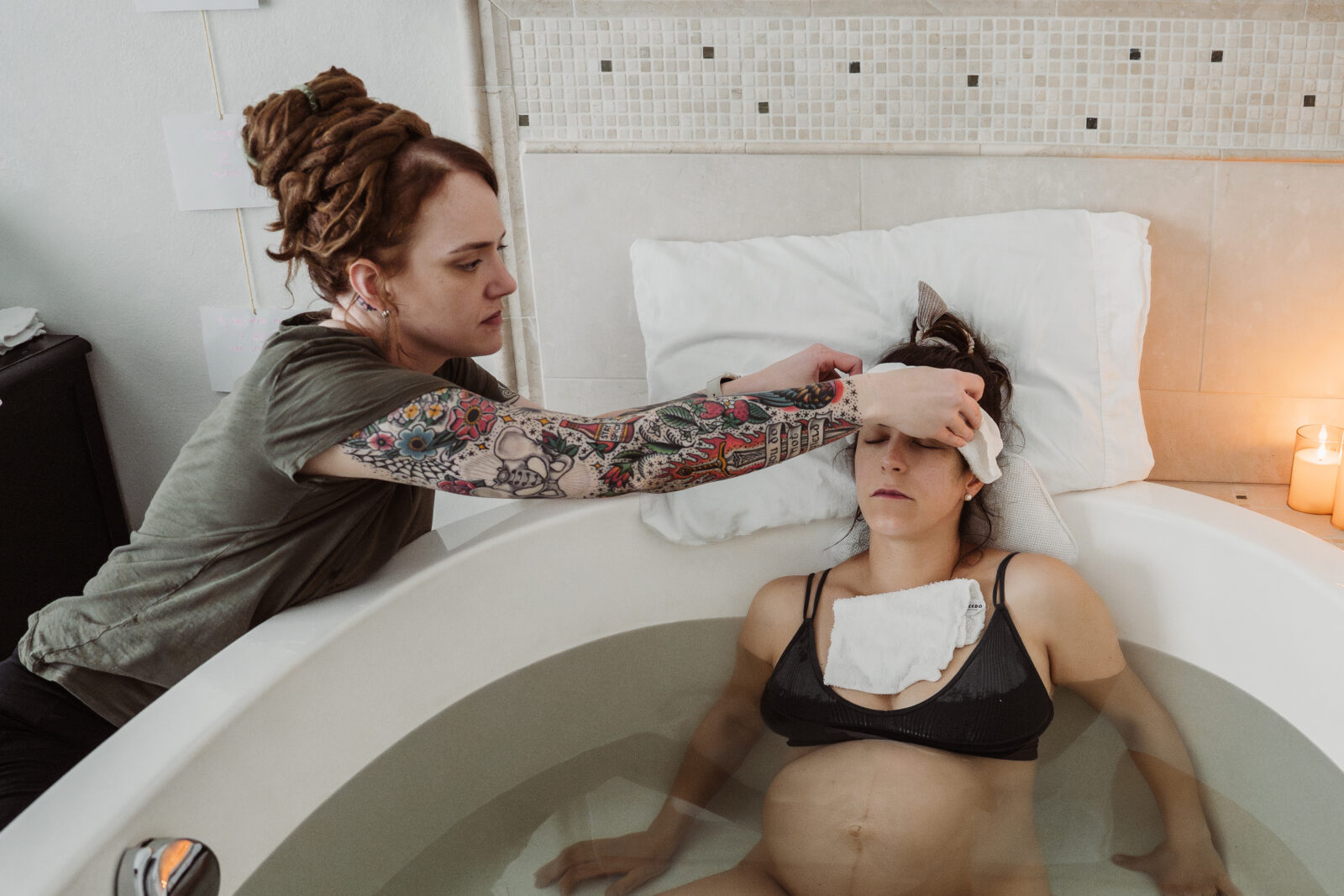Questions to Ask Your Midwife or OB
nataliebroders.com > blog >
Natalie Broders
January 25, 2021
Written by:
What are some questions to ask your midwife or obstetrician when trying interviewing them for your birth? Here’s a list of questions to ask.
Midwife: Home Birth or Free Standing Birth Center
- What are your credentials?
- How long have you been practicing?
- Do you work with a partner and do you have adequate backup?
- Who else will be there to assist you at my birth?
- Will you be away any time during my 37-42 week window? (I actually would include your first week of postpartum as well making it a 37-43 week window!) You want the midwife or midwifery team that you hired to attend your birth.
- What are your statistics for transferring to the hospital? (this should be around 10-15%)
- What is your policy regarding due dates and induction dates?
- What is your cesarean rate? (it should be around 5%)
- What sorts of things do you transfer to the hospital for during labor?
- What sorts of emergencies (mom and baby) would you be able to handle at home / at birth center?
- It’s okay for you to specify something like, I want you to tell me if you see any yellow flags and not push it to a red flag / OR / I want you to not scare me by telling me if it’s not a concern yet. You can be direct with exactly how you want them to help care for you. This is important to talk about when deciding if they’re a good fit for you, and if you’re a good fit for them!
- What medications and medical equipment do you bring to a home birth / have on hand at the birth center?
- Will you support a vaginal breech birth? *Surprise breech happens, sometimes during pushing!
- What is your license #? (you can research the number to see if there are any issues)
- What is your postpartum care schedule? (the typical schedule is: a visit on day 1, 3, 5 or 6, 1-2 visits in week 2, a 3 or 4 week visit, and a final 6 week visit.)
- If I have postpartum issues, will you come more often? (the answer should be, “Yes, either myself or my assistant will come as often as needed.”)

Hospital Birth Centers
The hospital birth center used to be called the labor and delivery unit. Many hospitals changed the name sometime in the 1980’s to appeal to patients that desired a more natural birth environment and experience as the out of hospital birth movement was growing rapidly. Hospitals always use the medical model of care and practice risk management, even when midwives are providing the care.
In the US, your hospital birth may be attended by either a CNM, an obstetrician, or a family practice MD. Nurse midwives are only allowed to attend the low risk births. If you become high risk during the labor and birth process, your care will be taken over by the attending OB. Not all hospitals have midwives on staff. If you are curious about having a midwife attend your hospital birth, inquire with your care team.
Things to Consider When Choosing Your Hospital
- Is it a teaching hospital?
- Teaching hospitals can be good if you have a high-risk pregnancy and need the latest medical technology. If you give birth in a teaching hospital, you will be seen by resident medical students who are overseen by the attending obstetrician and all final decisions are made after the student gets permission to move forward from the attending OB.
- One important thing to know about teaching hospitals is that you will have more bodies in the room, which you may or may not be comfortable with. Not a crowd of people, but typically one midwife will have one student, and the doctor may be a resident doctor (not an attending).
- You may be faced with being evaluated by the student midwife, followed by the overseeing midwife, (or resident followed by the attending doctor) which means that there may be more face to face time with providers, which can interrupt your labor flow. If this does not sound appealing to you, consider asking for limited student contact in your birth plan. Yes, you can ask for this!
- Are there midwives on staff? If so, how many, and what shifts are covered by them? Some hospitals have midwives, but they only are on day shifts, or limited times throughout the week.
- Is the hospital considered a Mother Friendly Hospital or a Baby Friendly Hospital? If not, what do they offer similarly?
- Will the hospital support you having a vaginal breech birth? *Surprise breech happens, sometimes during pushing!
- Check to make sure they support eating and drinking during labor, low risk and high risk. You and the baby need energy, and there is definitive evidence that it is harmful to withhold nourishment.

Hiring an Obstetrician or Certified Nurse Midwife
Is your provider in private practice? If so, use these questions to ask:
- Will you be away any time during my 37-42 week window? (or 37-43 week window)
- If so, who is your backup provider?
- Does your backup provider have the same practice style and philosophies as you?
- Will I meet the backup provider at some point during my pregnancy?
- What percentage of your clients’ births do you attend?
- Will my labor and birth be attended by whomever happens to on-call that day or will you attend?
- What is your policy regarding due dates and induction dates?
- What protocols and practices will be discussed and offered at my 36-42 week prenatal visits?
- If my baby ends up being breech, is there anyone who is skilled to deliver my baby vaginally if I choose to? If not, will you support me in my choice and supply referrals?
- Do you and the hospital support eating and drinking of my own food of choice, during labor, low risk or higher risk?
- Do you support delayed cord clamping? How many minutes do you consider to be “delayed”?
Is your provider in group practice? If so, here are additional questions to ask.
- Can we meet the other practice partners that could possibly be at our birth at some point in our pregnancy?
- Do the others in your practice have the same style and philosophies?
- Do the others in your practice have the same practices and protocols?
Questions courtesy of Cornerstone Doula Trainings with some customization by Natalie.

Portland Birth Photographer
Birth Doula & Videographer
Natalie Broders is a birth photographer, birth videographer and birth doula located in Portland, Oregon. She lives on a farm with her husband and 2 kids. They raise chickens and love to garden. Natalie loves babywearing, cloth diapering and is passionate about her work as an advocate for birthing people as a labor and birth doula. She had one of her babies at a birth center and her second baby was born at home, in water.